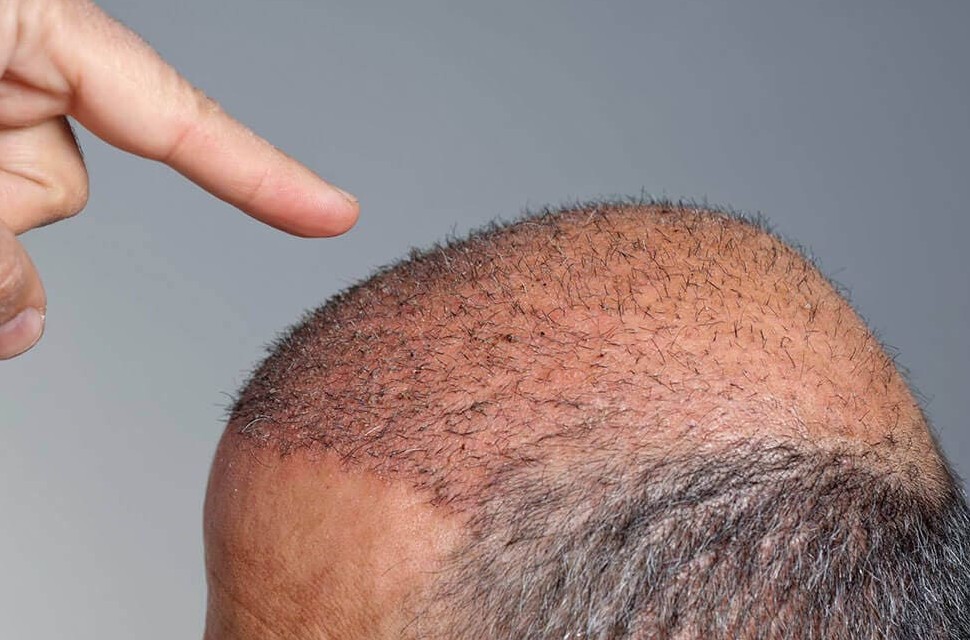Undergoing a hair transplant is a significant step toward regaining your confidence and achieving a fuller head of hair. However, the success of the procedure doesn’t end with the surgery—it heavily depends on how well you care for yourself during the recovery period. Two lifestyle habits that can severely hinder recovery and compromise the results are smoking and alcohol consumption.
In this detailed guide, we explore the science behind how smoking and drinking affect hair transplant healing, what risks they pose, and how to optimize your results by making the right choices before and after surgery.
Why Post-Transplant Recovery Is So Crucial
After a hair transplant, your scalp goes through a delicate healing process. The newly implanted hair follicles are extremely sensitive and require a healthy blood supply, proper nutrition, and minimal trauma to survive and thrive. Any activity or substance that interferes with this process can lead to poor graft survival, increased inflammation, or infection risks.
The Impact of Smoking on Hair Transplant Recovery
🚬 1. Reduces Blood Flow to the Scalp
Nicotine causes vasoconstriction—narrowing of blood vessels—leading to poor circulation. This limits the amount of oxygen and nutrients delivered to the healing scalp, directly affecting graft survival.
🚬 2. Delays Healing
Smoking weakens the body’s natural ability to repair tissue and form new blood vessels. This significantly slows down the healing of both the donor and recipient areas.
🚬 3. Increases Infection Risk
Tobacco smoke impairs the immune system, increasing susceptibility to infections, inflammation, and poor wound closure.
🚬 4. Raises the Risk of Graft Failure
Restricted oxygen levels and toxic chemicals in cigarettes can lead to follicular death, meaning the grafted hair may never grow.
❗ How Long Should You Avoid Smoking?
Before surgery: Ideally 2–4 weeks before the procedure
After surgery: At least 2–4 weeks, though quitting entirely offers the best results
The Effects of Alcohol on Hair Transplant Healing
🍷 1. Thins the Blood
Alcohol acts as a blood thinner, which can increase bleeding during and after surgery, making it harder for grafts to anchor securely in the scalp.
🍷 2. Dehydrates the Body and Scalp
Proper hydration is essential for healthy skin and healing. Alcohol causes dehydration, which negatively impacts both the donor area’s and recipient area’s recovery.
🍷 3. Increases Swelling and Inflammation
Alcohol consumption post-surgery may worsen swelling, especially around the forehead and eyes, leading to increased discomfort and delayed healing.
🍷 4. Interferes with Medications
Alcohol can interact negatively with antibiotics, painkillers, and anti-inflammatory drugs prescribed after the transplant, reducing their effectiveness or causing side effects.
❗ How Long Should You Avoid Alcohol?
Before surgery: At least 72 hours to 1 week
After surgery: Minimum 7 to 10 days, preferably 2 weeks
What Happens If You Smoke or Drink Anyway?
If you continue to smoke or drink during the critical healing phase, you risk:
Graft rejection or failure
Excessive scabbing or crusting
Visible scarring
Infection
Poor hair density and unnatural results
Ultimately, your investment in the procedure could be compromised, both financially and aesthetically.
Tips to Stay Smoke- and Alcohol-Free After a Hair Transplant
✅ Replace the Habit
Chew gum, drink herbal tea, or use nicotine patches (only if approved by your doctor).
✅ Stay Busy
Keep yourself occupied with light activities, movies, or reading during the initial recovery days.
✅ Get Support
Let friends or family know you’re quitting temporarily (or permanently) and ask for their encouragement.
✅ Hydrate and Nourish
Drink plenty of water and eat a balanced diet rich in vitamins A, C, E, and B-complex, which promote healing and hair growth.
Long-Term Benefits of Quitting Smoking and Alcohol
Better overall scalp health
Improved long-term hair growth
Higher hair graft survival rate
Reduced risk of complications
Healthier skin and circulation
Your decision to quit or reduce these habits can significantly enhance the longevity and success of your hair transplant results.
Final Thoughts
Smoking and alcohol may seem like small indulgences, but their impact on hair transplant recovery can be significant. By eliminating or minimizing these habits before and after surgery, you’re giving your hair follicles the best possible chance to survive, thrive, and produce natural-looking results.
Remember: A hair transplant is an investment—not just in your appearance, but in your well-being. Protect that investment with smart lifestyle choices and your future self will thank you.

Bir yanıt yazın